Research
Social networks
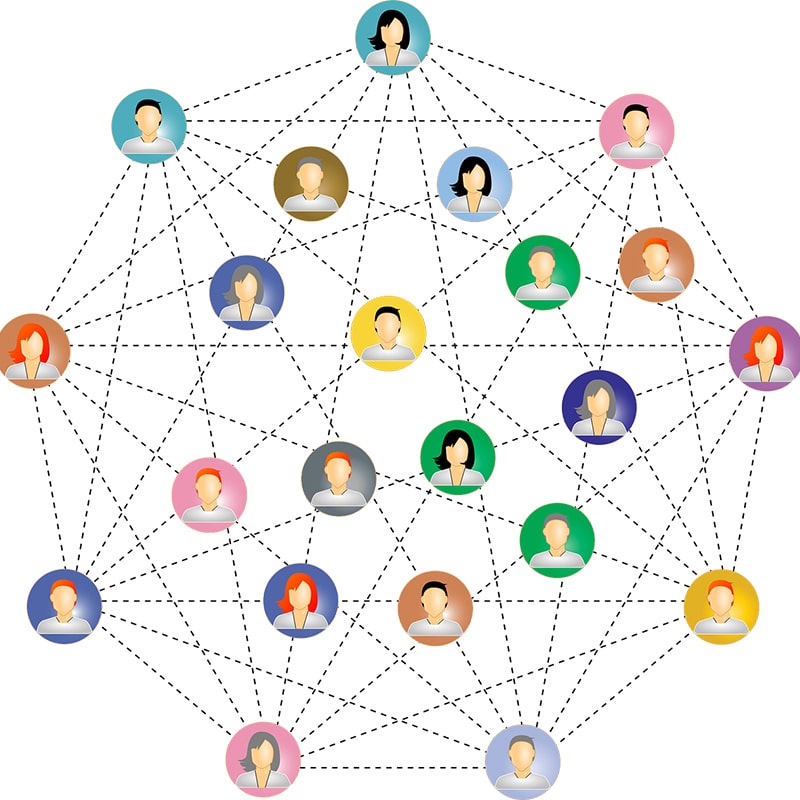
We are all embedded in social networks, from the online variety to informal networks like friendship, physical contact, and kinship. These social networks have profound implications for how social dynamics unfold. Contact networks affect the progression of a disease. Misinformation spreads between friends. Social norms evolve by enforced conformity in a community. Our research focuses on the structure and dynamics of these social networks and how they affect our social lives.
Researchers: Nynke Niezink, Cosma Shalizi, & Kevin Zollman
Understanding the emergence of sociality
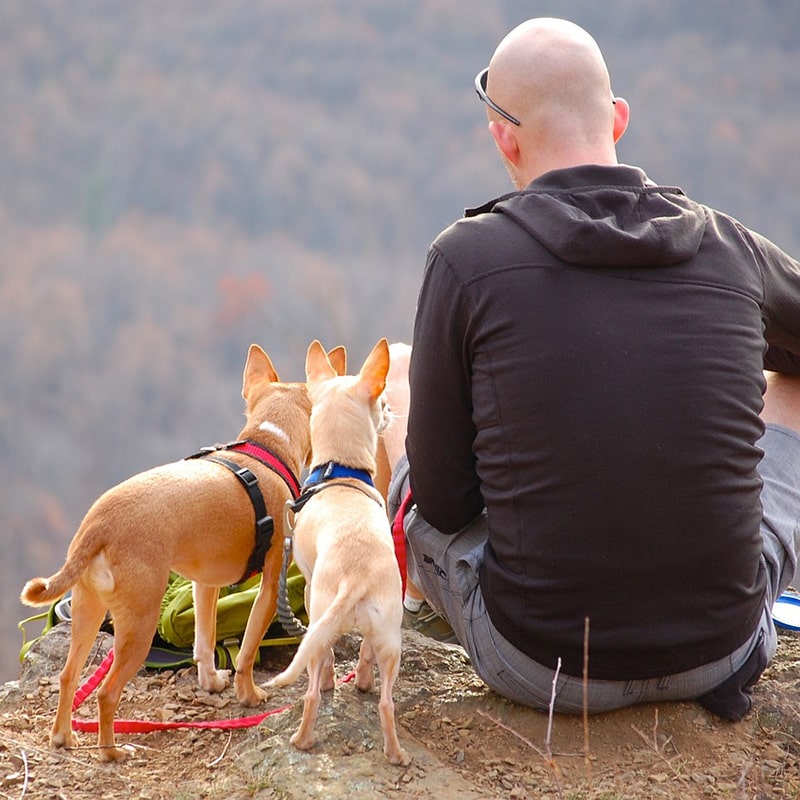 Humans are social creatures. Our social behavior evolved from a complex intertwined process of cultural and biological evolution. Behaviors like communication, cooperation, group formation, enforcement of social norms, and bargaining shape our social structure, and we share many of these behaviors with many non-human animals. Understanding the circumstances that gave rise to these behaviors helps us to understand both the world around us and ourselves. Research in this area helps us to uncover what gives rise to social behaviors, and what might lead to abrupt social change.
Humans are social creatures. Our social behavior evolved from a complex intertwined process of cultural and biological evolution. Behaviors like communication, cooperation, group formation, enforcement of social norms, and bargaining shape our social structure, and we share many of these behaviors with many non-human animals. Understanding the circumstances that gave rise to these behaviors helps us to understand both the world around us and ourselves. Research in this area helps us to uncover what gives rise to social behaviors, and what might lead to abrupt social change.
Researchers: Simon DeDeo, Russell Golman, John Miller, & Kevin Zollman
The wisdom and madness of the crowd
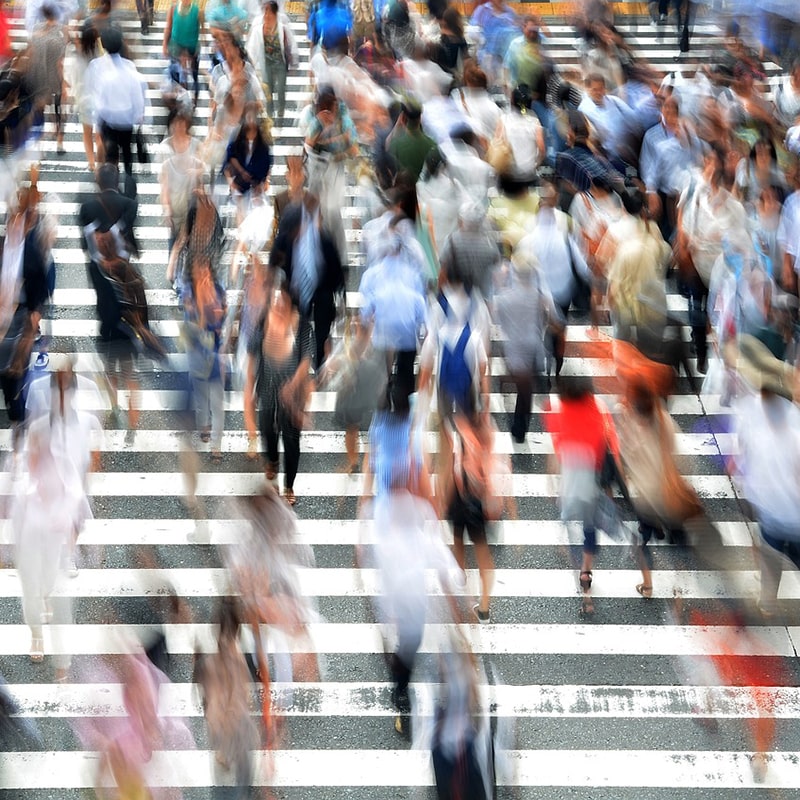 We rely on collective wisdom for much of what we do. The “crowd” elects a political leader. The economy allocates goods and services to different people at different times. Yelp reviews steer us toward some restaurants and away from others. Despite this, crowds can be amazingly stupid. Phenomena like group think, discrimination, and war all result from crowds going awry. They can be driven by identity based thinking, maladaptive social norms, and cognitive biases and processes to behave in remarkably counter-productive ways. Understanding when crowds are wise, and when they are not, is crucial to understanding much about our contemporary world.
We rely on collective wisdom for much of what we do. The “crowd” elects a political leader. The economy allocates goods and services to different people at different times. Yelp reviews steer us toward some restaurants and away from others. Despite this, crowds can be amazingly stupid. Phenomena like group think, discrimination, and war all result from crowds going awry. They can be driven by identity based thinking, maladaptive social norms, and cognitive biases and processes to behave in remarkably counter-productive ways. Understanding when crowds are wise, and when they are not, is crucial to understanding much about our contemporary world.
Researchers: Simon DeDeo, Russell Golman, John Miller, Nynke Niezink, Cosma Shalizi, & Kevin Zollman
Responding to information
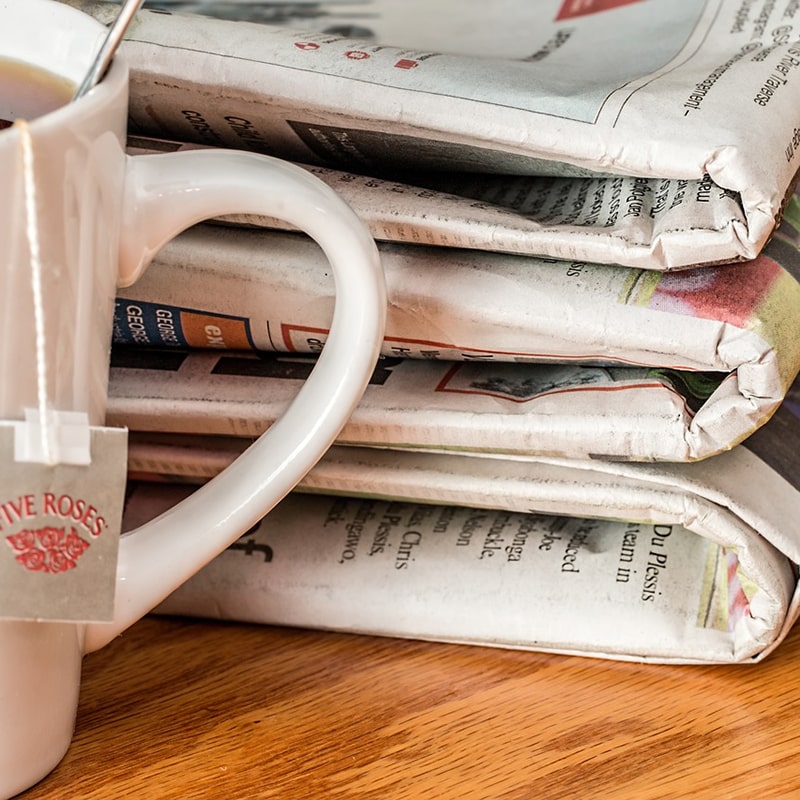 Our social world is awash in information. Every day, we learn about current events, scientific discoveries, and the everyday lives of our friends (and celebrities). How we process that information and respond to it determines the course of history. Do we believe misinformation and pass it on? Does dialog change our mind? When do we seek out potentially unsettling information and when do we avoid it? Our research uncovers how people process, share, and seek information, and shows us how this affects large-scale social dynamics.
Our social world is awash in information. Every day, we learn about current events, scientific discoveries, and the everyday lives of our friends (and celebrities). How we process that information and respond to it determines the course of history. Do we believe misinformation and pass it on? Does dialog change our mind? When do we seek out potentially unsettling information and when do we avoid it? Our research uncovers how people process, share, and seek information, and shows us how this affects large-scale social dynamics.
Researchers: Simon DeDeo & Russell Golman
Connecting the cognitive and the social
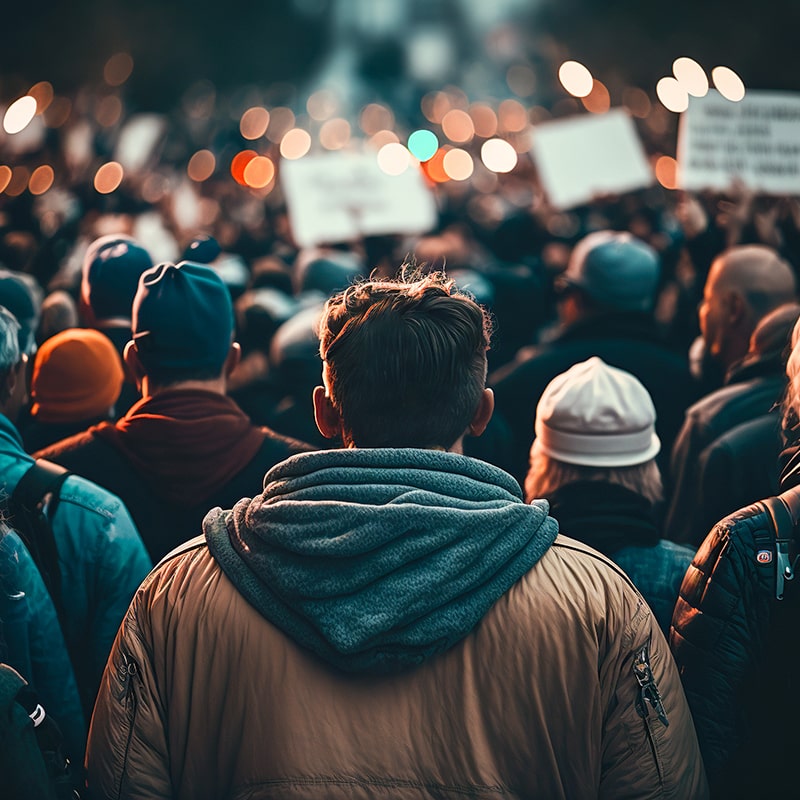 Groups are made up of individuals who make decisions using many interconnected cognitive processes. Understanding how those processes shape social dynamics is critical for understanding why groups behave as they do and how we might influence them for the better. Research in this area connects together insights from the study of individual behavior (especially from psychology and behavioral economics) and larger scale social behavior.
Groups are made up of individuals who make decisions using many interconnected cognitive processes. Understanding how those processes shape social dynamics is critical for understanding why groups behave as they do and how we might influence them for the better. Research in this area connects together insights from the study of individual behavior (especially from psychology and behavioral economics) and larger scale social behavior.
Researchers: Simon DeDeo & Russell Golman
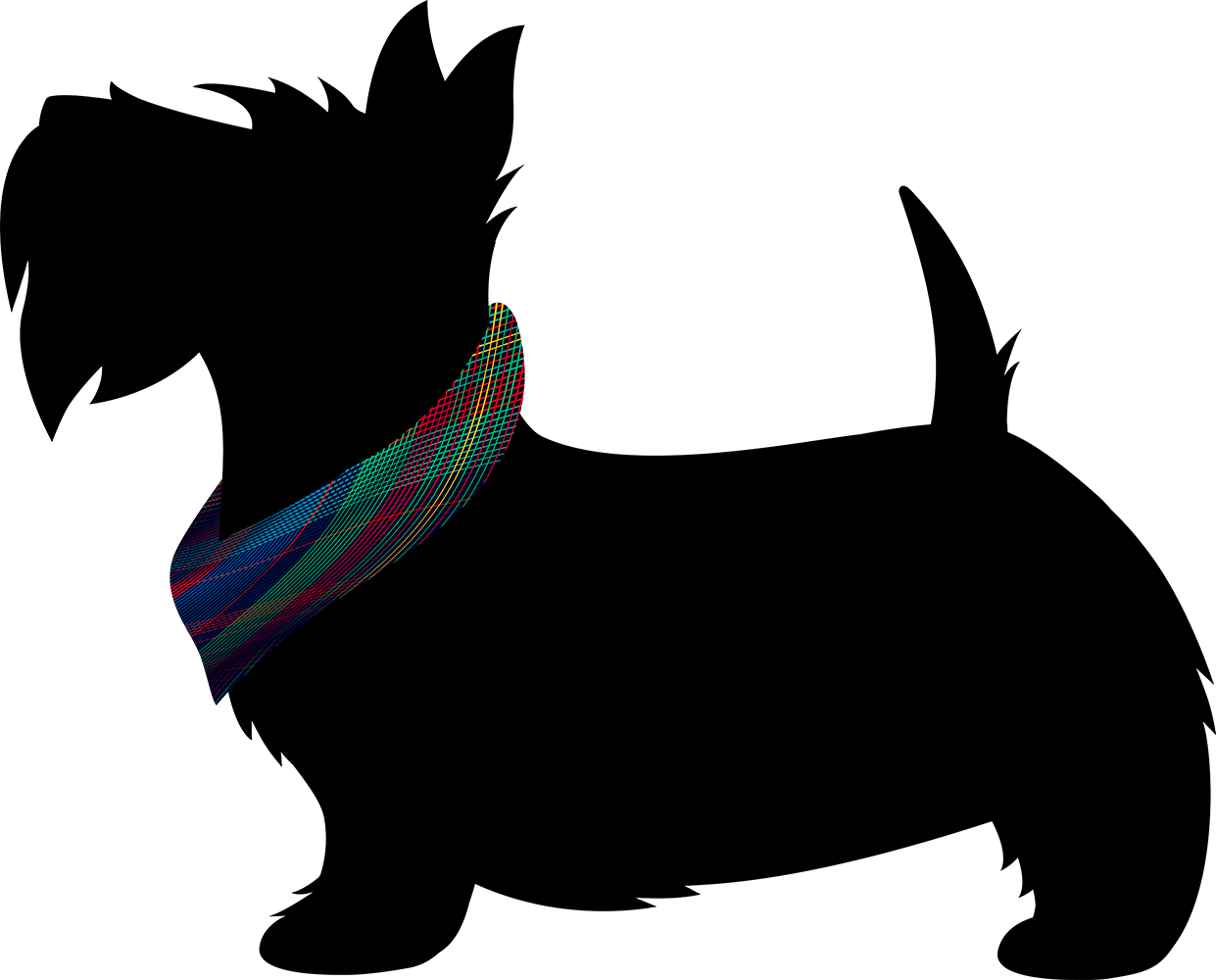
Faculty Seed Grants
ICSD Faculty Seed Grants are intended to support early stage collaborative interdisciplinary research by members of the Institute that would otherwise be difficult to fund. Successful applications will...
- involve topics and methods that are under the purview of the ICSD.
- be conducted by at least two faculty from two different departments. For the purpose of this requirement the ICSD postdoc always counts as “from a different department.” Faculty may be from outside CMU.
- involve at least one core member of the ICSD.
- not have sufficient alternative sources of funding.
Funding may be used for research expenses, travel, salary, to arrange visits for collaboration, or for any other purpose approved by the ICSD.
Interested faculty should submit a one page description of the project along with a budget by email to the ICSD Director. Typically seed grants will be around $5,000, but larger amounts will be considered if the additional expense is warranted. Applications are evaluated on a rolling basis.